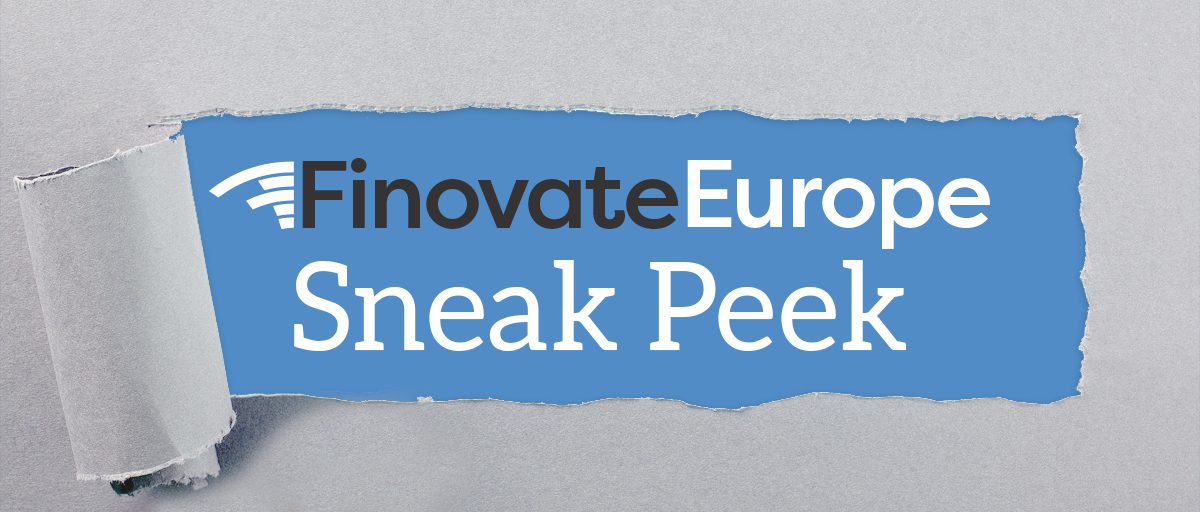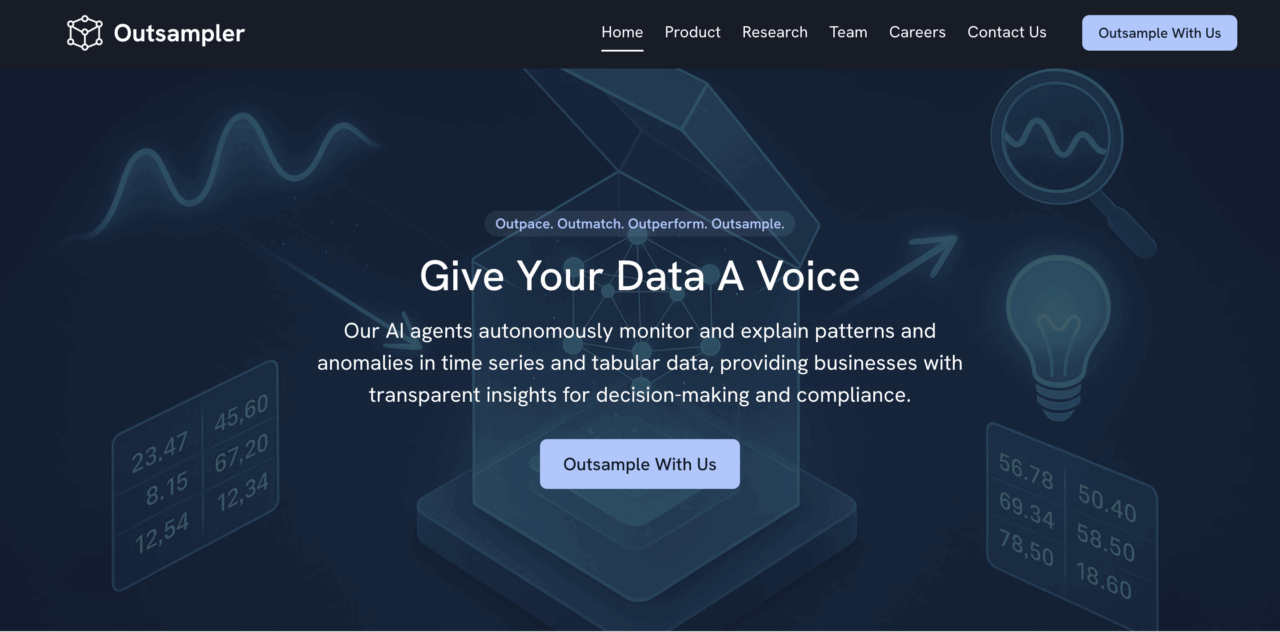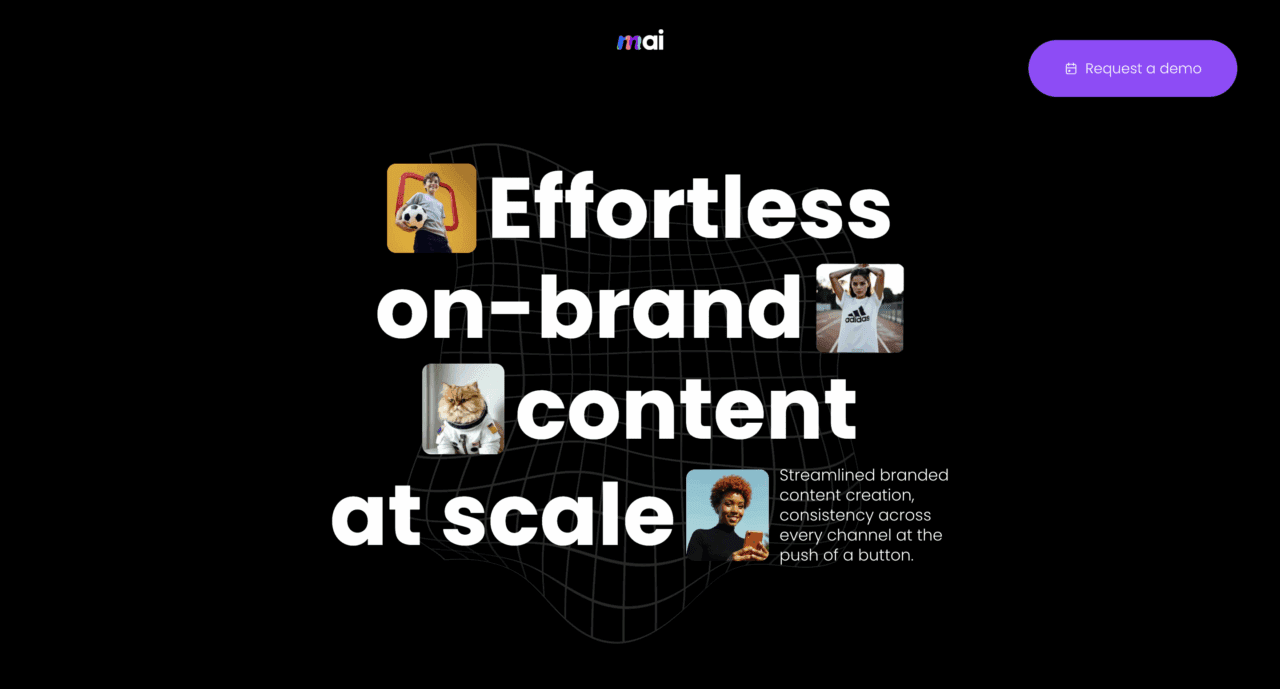
This year, FinovateEurope 2026 is bringing a new addition to our annual showcase of innovative fintech. Our invitation-only Impact+ event, held on Monday, 9 February, is a unique opportunity for investors to meet and network with fintech startups that have developed solutions for a variety of challenges currently facing banks, financial services providers, and their customers and members. As part of the program, the evening will feature a series of four-minute pitches from eight startups selected in collaboration with London & Partners, Fintech Sandbox, and other leading startup specialists.
“I’m delighted to unveil the Impact+ Founders & Funders program at FinovateEurope 2026,” Heather Stowell, Finovate VP and Director of Demos, said. “The eight startups pitching to investors as part of the February 9 session are presenting cutting-edge ideas and technologies from across fintech and finserv. It’s inspiring to see this level of innovation from such young companies and exciting to foresee the connections coming up for them with investors.”
Exclusively for investors and startups, Impact+ takes place Monday, 9 February—the evening before FinovateEurope 2026 begins in earnest. The program starts at 6pm and ends with a networking and drinks reception beginning at 7:15pm.
Anna Tsiganchuk—CEO & Co-Founder, Aleta Index

A product leader with a foundation in design, a passion for AI innovation, and a track record of building and scaling impactful solutions, Tsiganchuk is CEO and Co-Founder of Aleta Index.
Aleta Index is an AI-powered platform that analyzes alternative data sets including news and social media to expose bias and source credibility to enable business analysts and researchers to make better decisions and develop more accurate prediction models driven by machine learning. Founded in 2024, Aleta Index is headquartered in London.
Filiberto Tasca—CEO & Co-Founder, Aurea Hub

With a strong conviction that the third internet revolution of Web 3.0, decentralized finance (DeFi), and the metaverse will have a significant impact on every aspect of society, Tasca is CEO and Co-Founder of Aurea Hub.
Aurea is the EU-native B2B infrastructure for on-chain finance. The company offers a white-label, fully-compliant Wallet-as-a-Service (WaaS) platform that serves as a neutral technological bridge to empower banks, fintechs, and merchants to integrate digital assets and stablecoins into their existing applications.
Barak Katz—CEO & Founder, DotzLink

An alum of Tel Aviv University and Harvard Business School with more than a decade of Chief Executive experience, Katz is founder and CEO of DotzLink.
DotzLink is creating a financial protection platform designed to fight the growing challenge of scams and financial abuse. The company’s AI-powered technology provides real-time detection, proactive protection, and actionable insights to help seniors and families stay safe and financially secure. Founded in 2025, DotzLink is headquartered in Tel Aviv, Israel.
Máté Jendrolovics—CEO & Founder, Intuitech

With a background as a consultant with the Boston Consulting Group (BCG) and Head of Digital at Hungary’s Gránit Bank, Jendrolovics is CEO and founder of Intuitech, an Agentic AI and digital solutions provider for companies in the financial industry.
Intuitech is a 200+ member, full-stack development and AI services studio—launched in 2018—that empowers banks, insurers, consultancies, and other firms to reach their digital potential, from customer applications and automated platforms to sophisticated back-office and AI solutions. The company is based in Budapest, Hungary.
Joshua Ojo—CEO & Founder, Ndewo Finance

An innovator with a background in mathematics and a strong passion for using technology to solve business challenges, Ojo is CEO and founder of Ndewo Finance.
Ndewo Finance offers a platform for “credit invisibles”—people with significant gaps in their credit files. The company leverages alternative data sources such as home credit history and transactional data to enable underbanked and unbanked individuals to access financial and non-financial services such as rents, mortgages, student loans, credit cards, retail financing, and more. Ndewo Finance is based in Manchester, UK.
Rukayyat Kolawole—CEO & Co-Founder, PaceUP Invest

Dedicated to breaking barriers and reshaping financial empowerment, Kolawole is CEO and Co-Founder of Wealthtech PaceUp Invest.
PaceUp Invest is a B2B and B2C hyperpersonalized wealth technology platform that leverages AI, behavioral science, inclusive cultural context, and human expertise to drive financial wellness. The platform offers multilingual guidance and integrates seamlessly with banks, corporations, insurers, and digital financial apps. Headquartered in Mannheim, Germany, PaceUp Invest was founded in 2020.
Savannah Price—Founder & CEO, Serene

A FinTech London Rising Star for 2025, Price is Founder and CEO of Serene, the infrastructure for financial care that empowers banks, lenders, and fintechs to provide customers with better financial outcomes.
Serene combines behavioral insights, predictive intelligence, and financial data to detect early indications of vulnerability, fraud, or potential distress. This enables financial institutions to do more than just identify risk, but also to understand, predict, and prevent it. Headquartered in London, UK, Serene was founded in 2023.
Mariana Barona—CEO & Co-Founder, Synthera AI

With a background as an analyst at Goldman Sachs and an education from the University of Cambridge, Barona is CEO and Co-Founder of Synthera AI.
Headquartered in London, Synthera AI generates synthetic yield curves, equities, FX prices, and other financial instruments to enable professional investors to test their portfolios on realistic but unseen market scenarios using generative AI. The company’s synthetic data redefines portfolio analysis with AI-driven dynamic scenario testing, predictive analytics, and deep portfolio insights.














